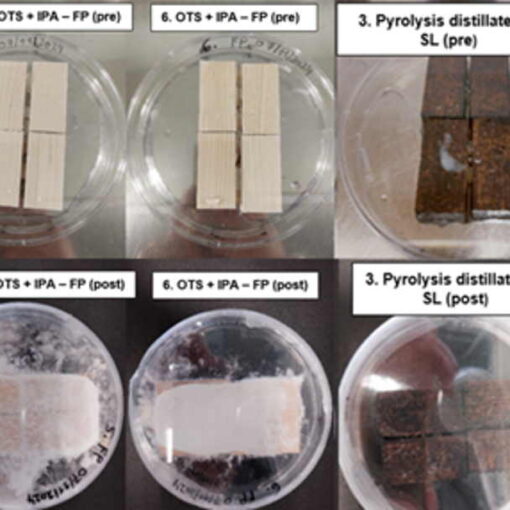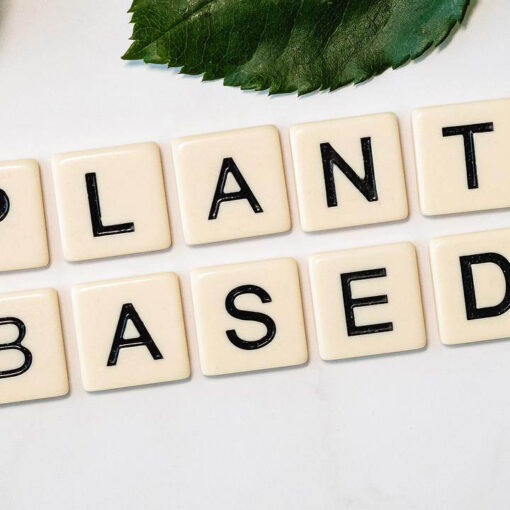Nearly 4000 participants joined the first day of the first-ever fully virtual EU Sustainable Energy Week with the overarching theme of “Beyond the crisis: clean energy for green recovery and growth”. The welcoming words of the 3-day policy conference were given by the European Commissioner for Energy Ms Kadri Simson (Picture 2). In her speech, she emphasised that the current economic crises caused by the COVID-19 pandemic, is inducing the largest recession since 1929 and causing shockwaves in the energy market. At the same time, this is a great opportunity to accelerate the clean energy efforts to drive the greening of economic recovery while creating new green jobs and protecting the environment. (Simson 2020.)

Upcoming Supporting EU Policies
As buildings make up about 40% of the total energy consumption, their renovation creates jobs and reduces emission in a short-term (European Commission 2020a). Related Action Plan will be launched in September 2020. In the medium to long-term, the EU is exploring the energy systems of the future, such as offshore energy production or hydrogen as a fuel with a high potential to decarbonise the economy. For that, the EC published an EU Strategy for Energy System Integration on 8 July 2020, to achieve a more circular, decentralised and digitalised system. Later in 2020, the EU Hydrogen Strategy will be published. Together, these strategies will help Europe to achieve its goal, set out in the European Green Deal, of being climate-neutral by 2050. Renewable electricity requires matching infrastructure. That is why the EC will review the Trans-European Energy Networks (TEN-E) Regulation later in 2020. The revision will ensure the interconnection of cross-border energy infrastructure, supporting energy efficiency and savings, and novel renewable energy systems development in Europe.

As Mr Cristian-Silviu Bușoi (2020), Member of the European Parliament, Chair of ITRE (Industry, Research and Energy) Committee stated, the available financial recovery instruments shall be directed at the creation of an integrated and decarbonated energy system. It is a prerequisite for reducing the total energy need of the industry, their production costs and emissions, and securing the energy supply. That is in line with an ongoing Interreg Europe funded project, RESINDUSTRY – Policies for Renewable Energy Sources in Industry, which aims to increase the competitiveness and energy independence of the industry by increasing the integration of renewables. In Finland, RESINDUSTRY is coordinated by LAB University of Applied Sciences.
According to Bușoi (2020), the potential for large renewable energy projects in the EU Member State is largely unexploited. Mr Bertrand Piccard (2020), Chairman of the Solar Impulse Foundation, pointed out that efficient and circular solutions exist, however, they are not exploited. He proposed not to look at the problems and afterwards looking for a solution. We are often blind and cannot identify problems, simply because we are used to a current way of living and working. Piccard encourages to rather reverse the way of thinking. He used the “piranha theory”- a small fish alone cannot cause a lot of harm, however, thousands of piranhas together can eat entire body in seconds. Similarly, we should replace the polluting technologies by implementing the already available, efficient and financially profitable solutions. This will not only spin the efficiency in all sectors of our lives, but it will prompt efficient consumption at the same time.
Author
Katerina Medkova who works as an RDI specialist at LAB University of Applied Sciences and Project & Communication Manager in the RESINDUSTRY project.
References
Bușoi, C.S. 2020. #EUSEW2020 Opening session. Speech given at the EU Sustainable Energy Week 2020. Online event on 23.6.2020.
European Commission. 2020a. Energy performance of buildings directive. [Cited 10 Sep 2020]. Available at: https://ec.europa.eu/energy/topics/energy-efficiency/energy-efficient-buildings/energy-performance-buildings-directive_en
Piccard, B. 2020. #EUSEW2020 Opening session. Speech given at the EU Sustainable Energy Week 2020. Online event on 23.6.2020.
Simson, K. 2020. #EUSEW2020 Opening session. Speech given at the EU Sustainable Energy Week 2020. Online event on 23.6.2020.
Links
European Commission. 2020b. EU Sustainable Energy Week. Beyond the crisis: clean energy for green recovery and growth. [Cited 23 Jun 2020]. Available at: https://www.eusew.eu/
European Commission. 2020c. EU strategy on energy system integration. [Cited 23 Jun 2020]. Available at: https://ec.europa.eu/energy/topics/energy-system-integration/eu-strategy-energy-system-integration_en
European Commission. 2020d. Hydrogen. EU hydrogen strategy. [Cited 23 Jun 2020]. Available at: https://ec.europa.eu/energy/topics/energy-system-integration/hydrogen_en#eu-hydrogen-strategy
European Commission. 2020e. A European Green Deal: Striving to be the first climate-neutral continent. [Cited 24 Jun 2020]. Available at: https://ec.europa.eu/info/strategy/priorities-2019-2024/european-green-deal_en
European Commission. 2020f. Evaluation of the TEN-E Regulation. [Cited 24 Jun 2020]. Available at: https://ec.europa.eu/energy/consultations/evaluation-ten-e-regulation_en#:~:text=The%20Trans%2DEuropean%20Networks%20%2D%20Energy,gas%20infrastructure%20across%20national%20borders.
Interreg Europe. 2020. Project Summary. RESINDUSTRY. [Cited 23 Jun 2020]. Available at: https://www.interregeurope.eu/resindustry/
Pictures
Picture 1. Altmann, G. 2018. Sustainability energy globe. Pixabay. [Cited 24 Jun 2020]. Available at: https://pixabay.com/photos/sustainability-energy-globe-3300869/
Picture 2. Medkova, K. 2020. Printscreen of Ms Kadri Simson during her speech at the EU Sustainable Energy Week 2020.




